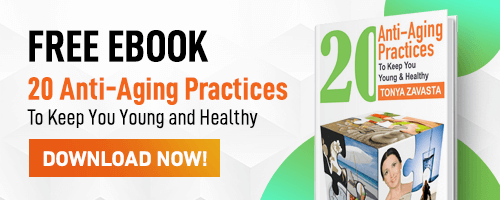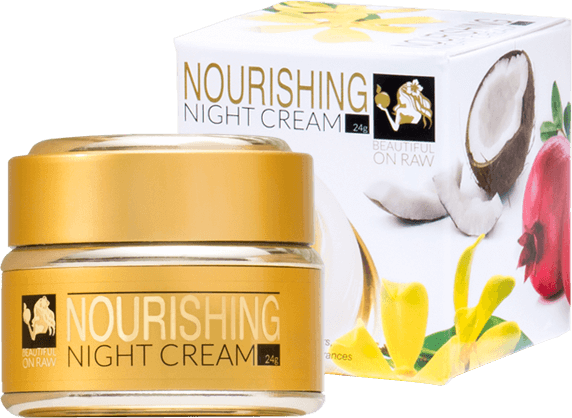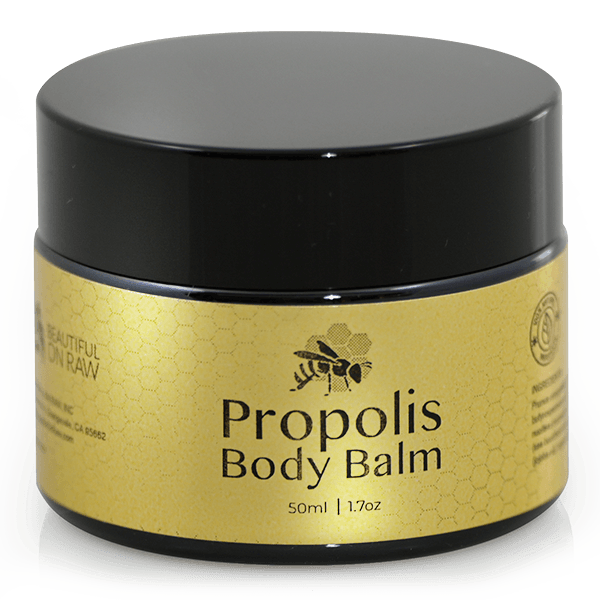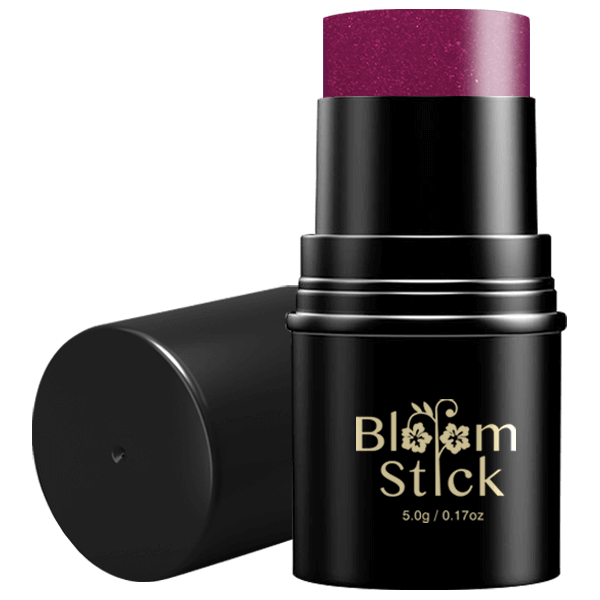The Real Truth about Cosmetic Preservatives...
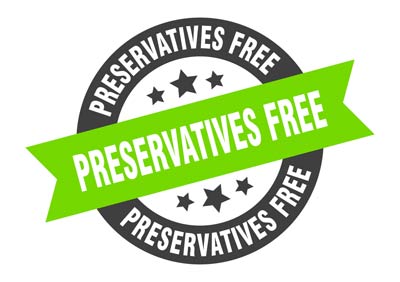
The main difference among face creams is whether they’re oil-based or water-based. Most day creams and moisturizers are water-based. Do not insist that your favorite water-based cream “has no preservatives.” Why not?
Because it does.
A water-based cream can’t not contain a preservative of some sort if it’s going to have a shelf life.
Several articles of mine—see Myths about Cosmetic Preservatives and Green Cosmetics —have as their purpose clearing up misconceptions about the need for preservatives in natural cosmetics, face creams especially. Still, I constantly get well-meant suggestions that I should use a “natural” preservative such as radish root, or aspen bark extract, or Japanese honeysuckle in my products.
If someone tells you they have a water-based cream that’s free of preservatives, or that they use aspen bark extract as a preservative, look twice. They’re not telling you the whole truth.
They’re not disclosing what else they’re using along with the “natural” preservative. Or they’re leaving out the fact that these natural ingredients are extracted, processed, isolated and put into bottles, rendering them a man-made chemical, although “derived from” sources such as aspen bark, radish root, or the like.
There is simply no such thing as a truly “plant preservative.” The very expression is an oxymoron. In nature no plant, ultimately is “preserved.” No preservative is completely natural. Sure, all plant-based preservative ingredients begin as natural products, even raw ones. But they must all go through some sort of processing and stabilization to make them usable and functional in a cosmetic product.
Well-meaning people write me all the time: But Tonya, so and so only uses Vitamin E, or so and so uses grapefruit seed extract—why don’t you? Suzanne Somers, I recently learned, uses Japanese honeysuckle in her cream, so why don’t you switch to something like that?
I can assure you that no one out there is squeezing fresh honeysuckle into jars and screwing on the lids for a nontoxic, perfectly preserved natural product. Not to pick on Suzanne—it’s the label makers I do not trust, and with good reason.
I already discussed the trouble with grapefruit seed extract in this article, but what’s wrong with Japanese honeysuckle? After it's been processed into a usable form as a preservative, it becomes what is commonly known as a paraben.
But if you put the word “parabens” on the label, you lose a huge customer base. So, thanks to labeling loopholes and savvy marketing, you can simply call this form of paraben by its more benign plant based name—here the luscious, mellifluous, and oh-so-natural-sounding Japanese honeysuckle. Those in charge of labeling know that consumers are becoming more educated, more discerning, and ceasing to fall for old tricks. So they think up new ones—all very legal, of course, since labeling laws are so convoluted.
Sometimes ingredients themselves contain preservatives, as in the case of some of Dr. Hauschka formulas. People assume that Dr. Hauschka’s products contain no preservatives at all. But they do. It’s called alcohol. Below is the explanation I took directly from Dr. Hauschka’s website explaining the company’s use of alcohol for extraction and preservation:
Q: Why do some of Dr Hauschka products contain alcohol?
A: Herbs and flowers are the core of Dr Hauschka skin care preparations and many are extracted in a mixture of alcohol and water. We use a Certified Organic food-grade ethyl alcohol (ethanol) from grain, fruit or vegetable.
The uninitiated see that there are flower or herb extracts in the formula, but they are unaware that those contain alcohol, a preservative.
I think you are getting my point. If your cosmetics are water-based, they will contain some form of preservative.
I call a spade a spade. And a preservative - a preservative. If I have to use a preservative I choose the best - that will do the job with the smallest amount yet keep the product safe - the industry can offer.
Products Without Preservatives
With an oil-based formula such as our Nourishing Night Cream, there’s no need for added preservatives at all. Made from cold-pressed oils, this cream is as close to "raw" as it's possible to get.
This is the Purest, Truly Natural Nourishing Night Cream. NO preservatives, NO emulsifiers, NO stabilizers, NO artificial fragrances.
This is another 100% natural oil-based cream, that we create in small batches and with highest-quality ingredients entirely within our control.
Our new Bloom Stick is 100% natural and takes just seconds to apply! It has NO preservatives!
You can use it on your cheeks and your lips, and touch-ups are quick and easy.
